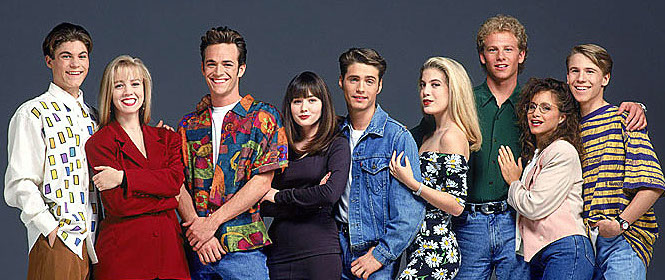7 Subcultures of Shame in America
Shame is a dominant moral emotion in many pockets of American society. These subcultures use public praise and scorn to regulate behavior. In such groups, a person’s reputation is determined by their ability to meet the group expectations, the unwritten rules. Here are 7 American subcultures that employ the carrot of honor and stick of shame.
- JR. HIGH – I like to joke that “the most honor/shame-oriented people group in the world is a group of Jr. High students.” Remember the pressure to act certain ways or wear certain clothes to be cool and part of the in crowd? Teenage communities use the threat of ostracism and the promise of “being cool” to enforce conformity.

- THE MILITARY – Google the word “honor” and you get mostly military images. Those who have served in the armed forces speak about the strong code of honor. Since no amount of financial compensation would propel a person to sacrifice their own life for others, acts of bravery are typically rewarded with public accolade. Though it has been enflamed by political partisanship, the response to Obama’s ‘coffee salute’ reveals our expectation for everyone to properly honor the military.
- IMMIGRANT COMMUNITIES – In 1965 quotas for U.S. immigrants transferred from Europeans countries to Hispanic and Asian countries. This created an influx of people from more shame-based cultures. Often first generation immigrants form close-knit neighborhoods (i.e., Chinatown, Little Saigon, etc.) in which their traditional culture is preserved. They use honor and shame to maintain cultural distinctives.
- RURAL COMMUNITIES – In small town American where your butcher is your neighbor and your kid’s basketball coach, gossip spreads quickly. Reputation is important, because there are few places to hide your shame in a town of 500. Everybody knows your ‘name’ and someone always ‘sees’ your actions.
- GANGS – Reputation is everything in street life. The Code of the Street revolves around “respect,” being treated with the deference one deserves and not being dissed. Projecting a dominant reputation trumps personal responsibility or future building. Within gang culture, disobeying the rules can even be a badge of honor.
- SPORTS TEAMS – Athletic prowess is rewarded with esteem and praise, especially for those who sacrifice their physical body for their team. Those who excel at the professional level are admitted into the “Hall of Fame.” The honor-shame vocabulary on sports teams is “Be a man!,” “Don’t be a sissy,” or “He is a beast!” The terms man, sissy, or beast are never defined, but we all know they are attributions of value.
- CHURCH – Are there unwritten rules in the church of how people “should” behave? Legalism typically uses “shame” more than “guilt” to induce certain behaviors (ironic considering the term). Some elements of Christian shame are legitimate – the gospel should create a sense of creaturely inadequacy and unworthiness before our awesome God. But more often than not, Christians struggle with the false shame of “not being good enough” and work hard to hide those deficiencies from other Christians.

Could you elaborate on the subculture of shame in the church in America?
P.S. I’ve been using the 3D Gospel in our adult Sunday school on world cultures.